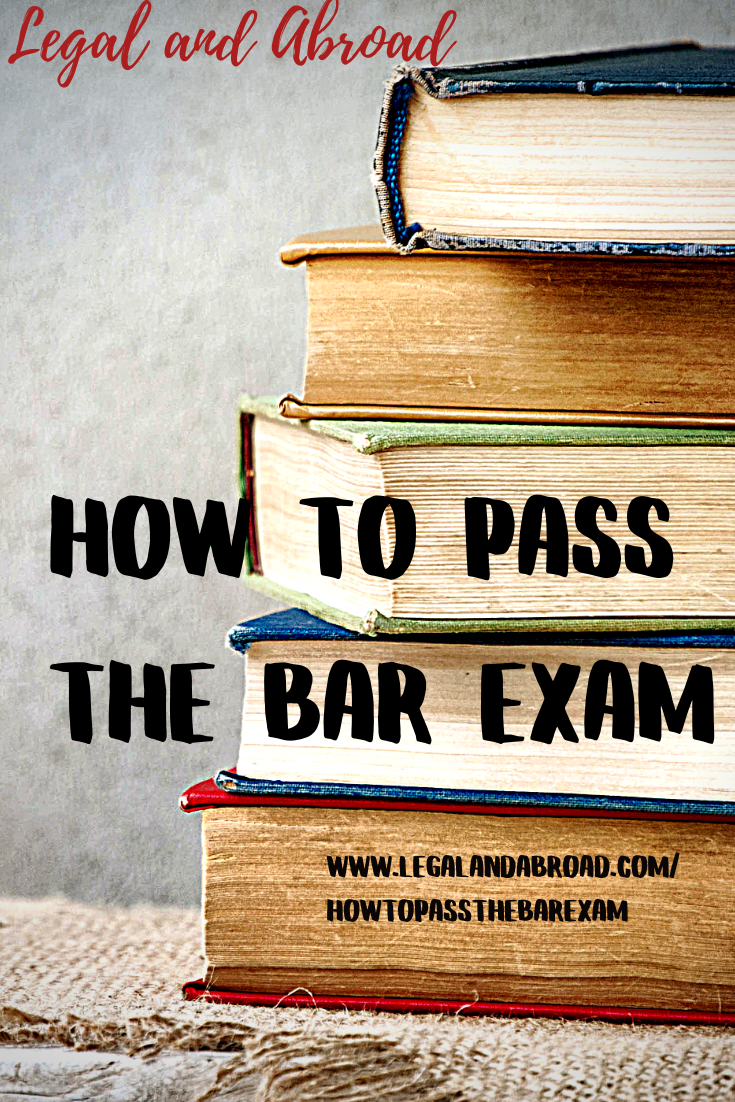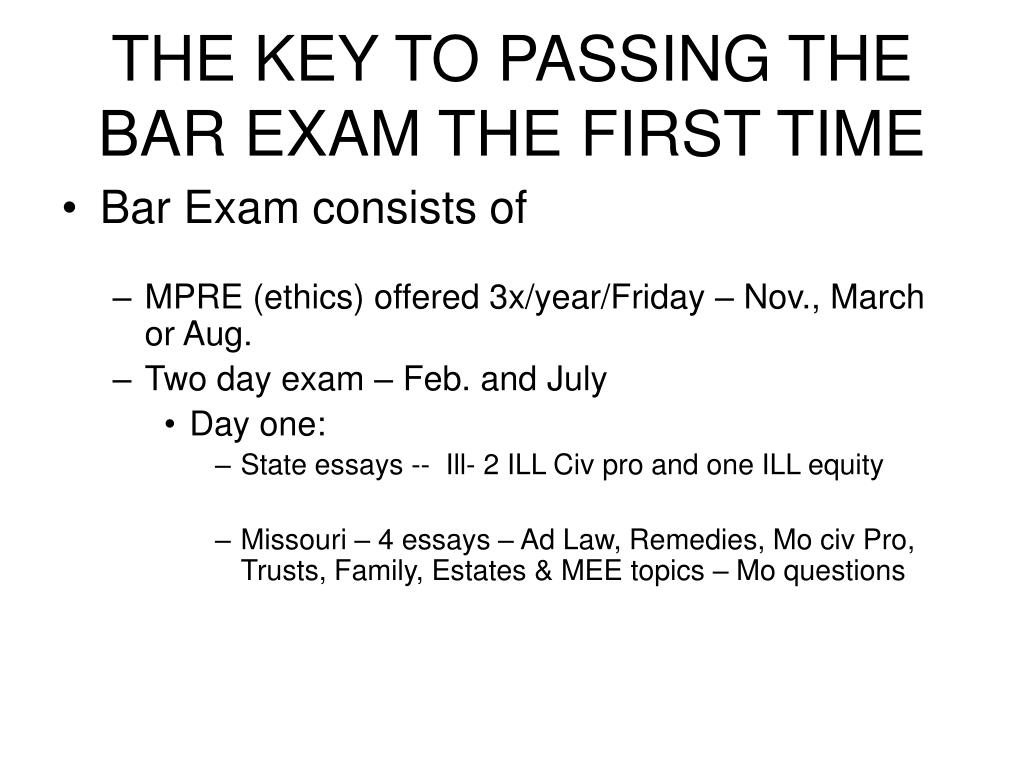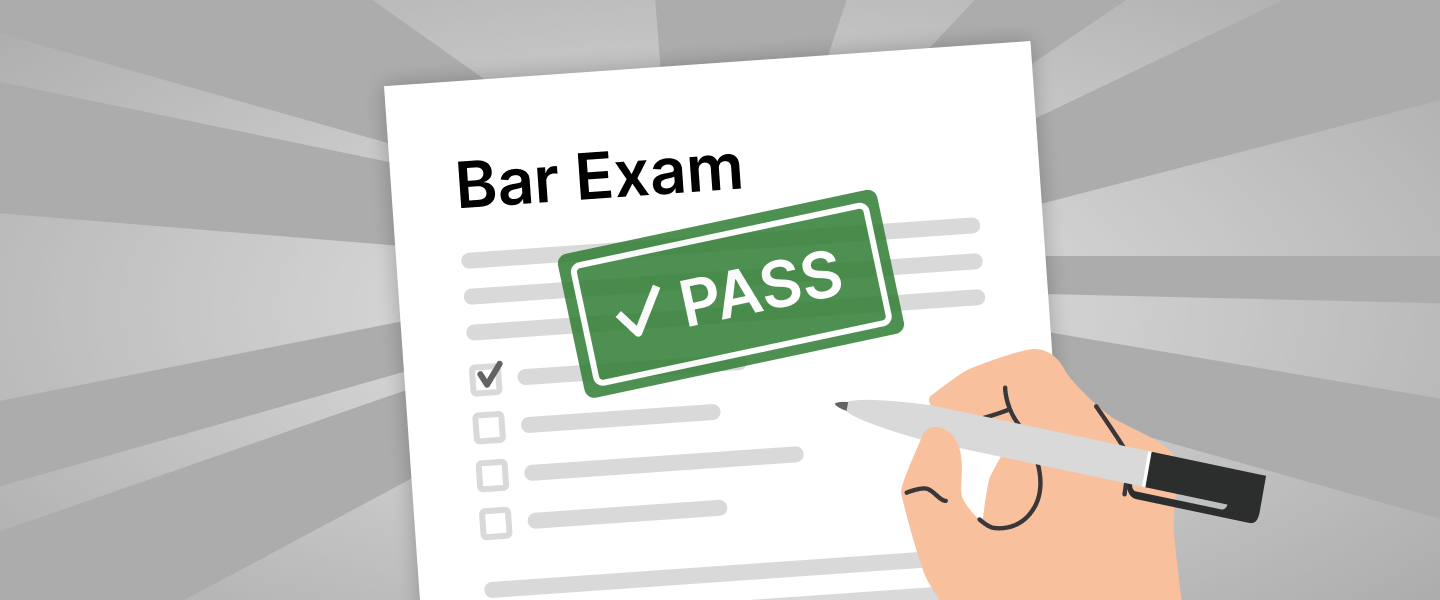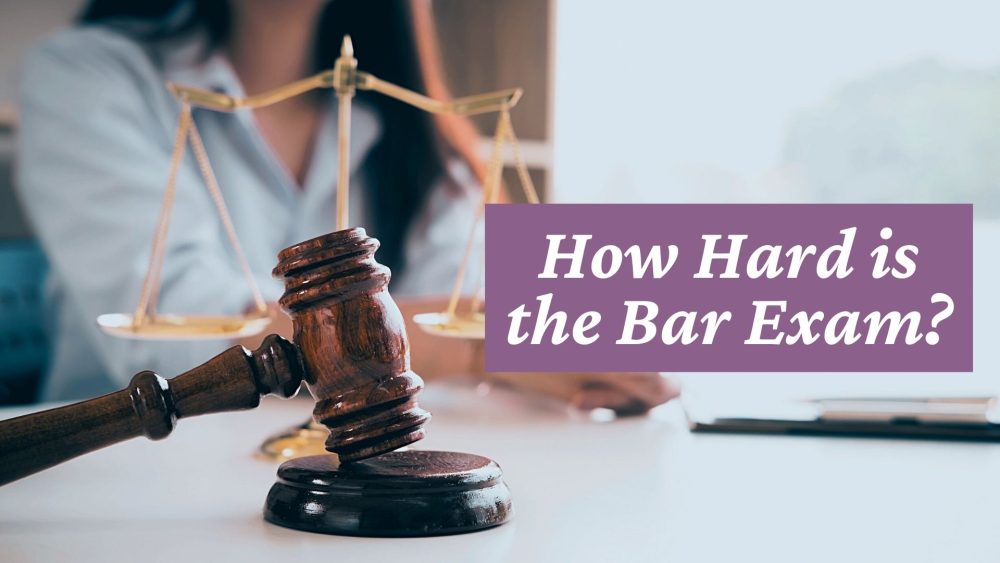Is It Hard To Pass The Bar Exam
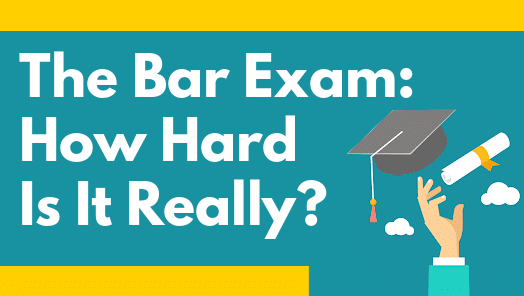
For aspiring lawyers, the bar exam stands as the final, formidable gatekeeper to their professional dreams. Its reputation precedes it: a grueling test of legal knowledge, analytical skills, and sheer endurance. But is it truly as hard to pass as its legend suggests?
The difficulty of the bar exam is a complex issue, influenced by factors ranging from individual preparedness and the jurisdiction in which it's taken to the inherent rigor of the legal profession itself. This article explores the various elements that contribute to the bar exam's perceived and actual difficulty, examining pass rates, preparation strategies, and the experiences of those who have faced this crucial hurdle.
National Pass Rates and Jurisdictional Variations
Nationally, bar exam pass rates fluctuate, but generally hover around 60-70% for first-time test takers. Data from the National Conference of Bar Examiners (NCBE) provides a comprehensive overview of these trends.
However, a crucial point to consider is that pass rates vary significantly across different jurisdictions. States like Delaware and Wisconsin, which have diploma privilege (allowing graduates of in-state law schools to practice without taking the bar), often report higher overall passage rates compared to states like California and Delaware, known for their rigorous exams.
The NCBE's Uniform Bar Examination (UBE), now administered in over 40 jurisdictions, aims to standardize the exam and allow for score portability. Despite this standardization, jurisdictional differences in grading and minimum passing scores contribute to the ongoing variation in results.
Factors Influencing Success
Preparation is undoubtedly the single most crucial factor in bar exam success. Aspiring lawyers typically dedicate several months to intensive study, often enrolling in commercial bar review courses offered by companies like Barbri and Kaplan.
These courses provide structured study schedules, practice questions, and simulated exams designed to mimic the actual bar experience. The effectiveness of these courses is often debated, but many students find them invaluable in organizing their study efforts and identifying areas of weakness.
Academic performance in law school is another significant predictor of bar exam success. Students who consistently perform well in their law school courses are generally better equipped to handle the complex legal concepts tested on the exam.
The Psychological Toll
Beyond the intellectual challenges, the bar exam also presents a significant psychological burden. The pressure to succeed, coupled with the sheer volume of material to be memorized, can lead to intense stress and anxiety.
Many test-takers report experiencing sleep deprivation, panic attacks, and a general sense of overwhelm during the study period. Mental health is therefore a critical aspect of bar exam preparation, and students are increasingly encouraged to prioritize self-care and seek support when needed.
Failure on the bar exam can be devastating, leading to feelings of inadequacy and questioning of one's career path. However, many successful lawyers have failed the bar exam on their first attempt, demonstrating that perseverance and continued effort can ultimately lead to success.
Exam Content and Structure
The bar exam typically consists of three main components: the Multistate Bar Examination (MBE), the Multistate Essay Examination (MEE), and the Multistate Performance Test (MPT).
The MBE is a standardized, multiple-choice test covering seven core legal subjects, including contracts, torts, and criminal law. The MEE requires test-takers to analyze and answer essay questions on a range of legal topics.
The MPT assesses practical legal skills, such as legal writing and analysis, by requiring test-takers to complete a task using provided legal documents. The specific weight given to each component varies by jurisdiction.
Calls for Reform
The bar exam has faced increasing scrutiny in recent years, with some critics arguing that it is an unnecessary barrier to entry for qualified lawyers, particularly those from underrepresented groups. Some suggest that the exam disproportionately disadvantages minority candidates and those from lower socioeconomic backgrounds.
Alternative pathways to licensure, such as supervised practice programs and experiential learning opportunities, are being explored in some jurisdictions. These initiatives aim to provide more equitable and practical alternatives to the traditional bar exam.
Debate continues about the relevance and effectiveness of the bar exam in assessing a lawyer's competence. The legal profession is constantly evolving, and some argue that the exam should be updated to reflect the changing demands of legal practice.
The Future of Legal Licensing
The debate surrounding the bar exam is part of a broader conversation about the future of legal education and licensing. As technology and globalization transform the legal landscape, there is a growing need for lawyers who possess not only legal knowledge but also strong analytical, communication, and problem-solving skills.
Whether the bar exam will remain the primary gatekeeper to the legal profession remains to be seen. However, it is clear that the conversation about its effectiveness and fairness will continue to shape the future of legal licensing in the years to come. The ABA (American Bar Association) is actively involved in these discussions.
Ultimately, the perceived difficulty of the bar exam is subjective and depends on individual preparation, test-taking skills, and psychological resilience. While it undoubtedly presents a significant challenge, it is a hurdle that can be overcome with dedication, hard work, and a strategic approach to studying.
